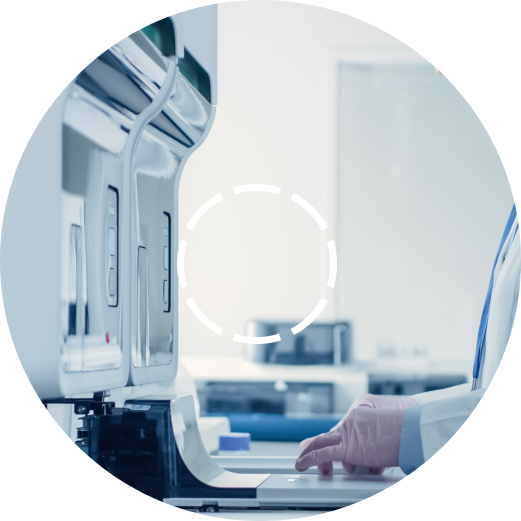What is lab compliance?
Lab compliance is the practice of following a set of standards created for the safe and effective operation of a laboratory. Laboratory compliance standards cover a wide array of functionalities, including the management of funds and issues related to fraud, waste, communication, training, maintenance, and record-keeping.
Compliance ensures the laboratory is efficient and effective and that all testing is conducted both professionally and ethically for both scientists and consumers.
Who regulates laboratory compliance
The primary governmental body that regulates clinical laboratory compliance is the Office of the Inspector General (OIG) of the U.S. Department of Health and Humans Services. In addition to the OIG, clinical laboratories are also required to comply with the laws of other relevant organizations such as the Food and Drug Administration (FDA) and Drug Enforcement Administration (DEA).
These organizations publish materials that outline what are considered core elements of effective laboratory compliance programs and procedures.
Compliance regulations in a laboratory
The OIG states that all clinical laboratories should have a set of compliance policies and procedures. They are considered to be aspects of job performance and are required for everyone employed by clinical laboratories. These include:
Standards of conduct — Clinical labs are required to have standards to prevent fraud, waste, and abuse. These standards are additionally required to follow all frameworks set by federally funded healthcare programs.
Medical necessity — Clinical laboratories are required to inform physicians if the lab that was ordered was not medically necessary and cannot only rely upon physicians alone.
Reliance on standing orders — All standing orders are required to undergo regular review for identification of relevant concerns.
OIG fraud alert — Clinical labs are required to address all OIG-issued fraud alerts as needed.
Record retention — All lab compliance documentation is to be recorded accurately and maintained for inspection upon request by the OIG in case of audit or investigation.
Lab compliance automation with Dotmatics
Automating laboratory practices and procedures helps to reduce the amount of non-laboratory work performed by researchers. This approach reduces error-prone manual tasks and frees scientists to focus on what matters most. This type of automation extends to lab data automation for the life sciences, improving data integrity and streamlining compliance requirements such as audits.
A leading provider of digital tools for lab automation, Dotmatics can help to enhance automated instrument data analysis and ensure laboratory compliance. Dotmatics lab data automation software complies with different policies, making it easy to incorporate into almost any laboratory, anywhere in the world.



